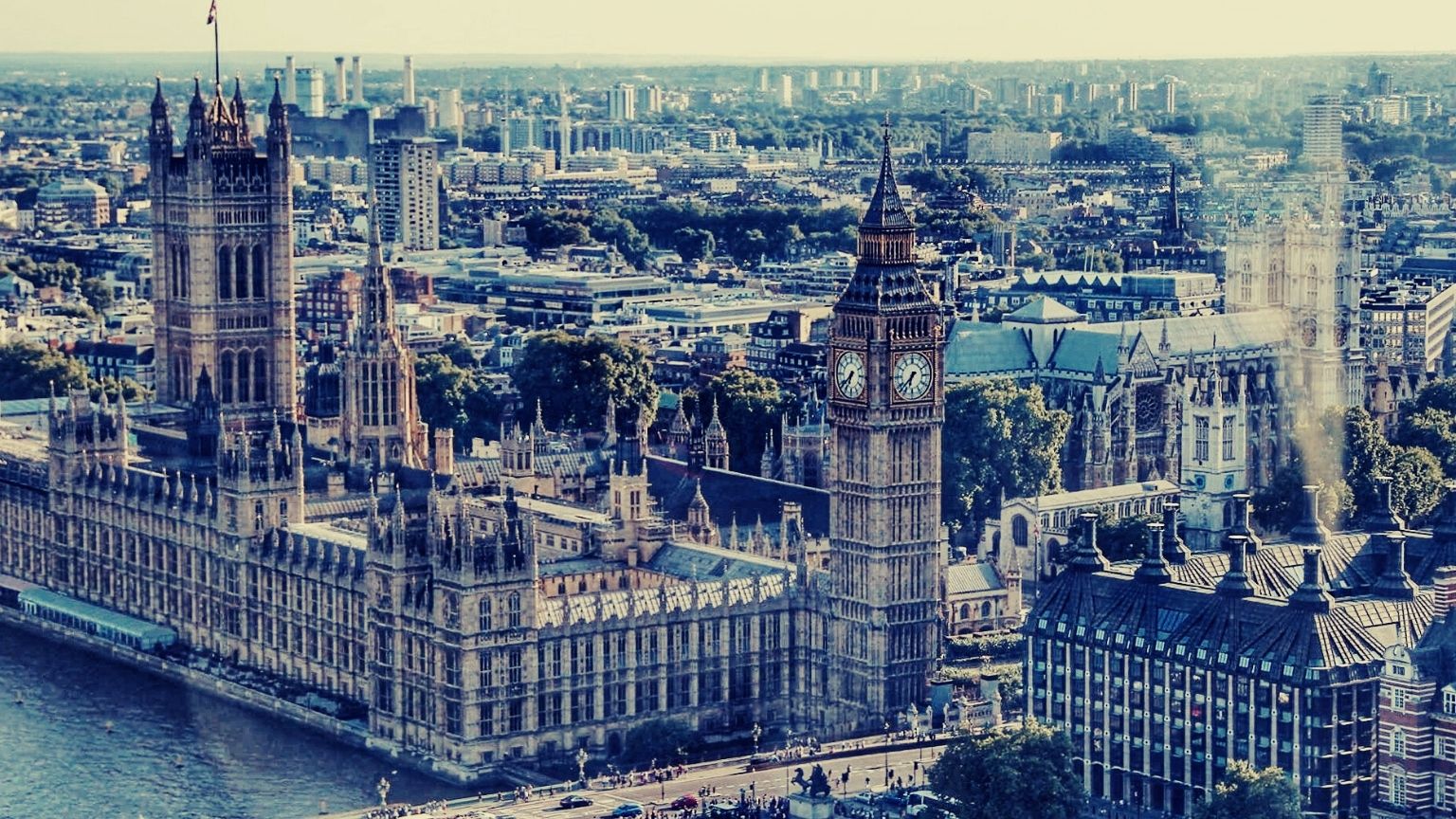The UK’s government has come up with what appears to be a fairly secretive new outfit to carry out surveillance and censorship of people’s opinions online – and work with private social media companies in order to get content flagged as disinformation.
Another way it functions is to provide its own counter-narratives (“rebuttals”), seemingly place these on social media with little transparency as to where they are coming from, and also “work” with tech companies to remove, i.e., censor content.
Promoting public health campaigns the government stands behind is also one of its tasks.
COVID, naturally, has been the catalyst for this one as well, but it is the nature and the process behind what the Big Brother Watch rights group refers to as the “opaque” Counter Disinformation Unit that makes it of interest to anybody looking at how censorship and communication control is evolving in the modern world.
This digital rights watchdog does not mince its words when it comes to the “Unit” set up to work from virtual shadows: it calls its activities an example of extrajudicial censorship, that flies in the face of accountability and the rule of law itself.
In a world where the very term “the rule of law” is increasingly being degraded and replaced by a system of “values” (determined as such by whom? And approved by whom?), it makes sense that moral and mental gymnastics of the kind represented by the unit would start to permeate the digital public square, in one form or another.
Likely with this in mind, Big Brother Watch’s legal and policy officer Mark Johnson recalls late British politician and author Tony Benn’s “test” devised to provide answers that let people know what kind of “powers that be” they are dealing with: “What power have you got? Where did you get it from? In whose interests do you exercise it? To whom are you accountable? And how can we get rid of you?”
There is little doubt that if these questions – formulated in a different, “non-digital” era – were to be answered today regarding Big Tech, and relevant policies adopted by the authorities, the answers would be devastating.
The key takeaway from this particular instance, the appropriately Orwellian-named Counter Disinformation Unit, seems to be that collusion – or, convergence, as the Big Brother Watch puts it – between governments, including the one in London, and Big Tech is becoming more prominent, since the latter have all the users and all the content, and the former enough power to put pressure on them to “cooperate.”
But there’s something in it for Big Tech, too, observers critical of the trend say – as these juggernauts can rely on the legitimacy that governments still have, to bolster their own power and position in the world.
According to the Big Brother Watch, this is only the beginning, as the Counter Disinformation Unit is a piece of the puzzle that, once in place, will see corporate terms of use and government’s legal requirements increasingly “merging”; in the UK, there are fears that the upcoming Online Safety Bill will mark the “high point” of this corporate/government convergence of policy affecting free speech – and a low point for everyone who is subjected to these policies, and whose free speech rights are being consistently eroded as a consequence.
Media reports about the unit say it functions within the UK Department for Digital, Culture, Media and Sport, while its members are government officials and people from the world of tech. They then meet again with the world of tech, as they work with social-media platforms, and with “disinformation specialists to establish an overview of the extent, scope and impact of disinformation related to coronavirus,” as one article had it.
The new unit receives help from what is known as the Rapid Response Unit (RRU) that the British government put together in 2018 as yet another way to deal with what it considers misinformation and disinformation.
The secretary in charge of the Department that’s behind the unit, Oliver Dowden, makes no secret of the fact they are “working” with social media platforms – or that he intends to pressure them even more.
“I’ll be pressing them this week for further action to stem the spread of falsehoods and rumors which could cost lives,” he said.
As for “companion” (propaganda) campaigns, the UK government plans to launch one that, like every other, could not hope to succeed without relying on aggressive language. “Don’t Feed the Beast,” the campaign’s motto reads. Its purpose? “To help people be more skeptical over what they read online.”
A bold step – because in the current climate of flimsy explanations of why those arbitrarily executing censorship should have the right to do so, and as more and more people are waking up to this phenomenon – the slogan could end up to bite its creators.
If you're tired of censorship and dystopian threats against civil liberties, subscribe to Reclaim The Net.









